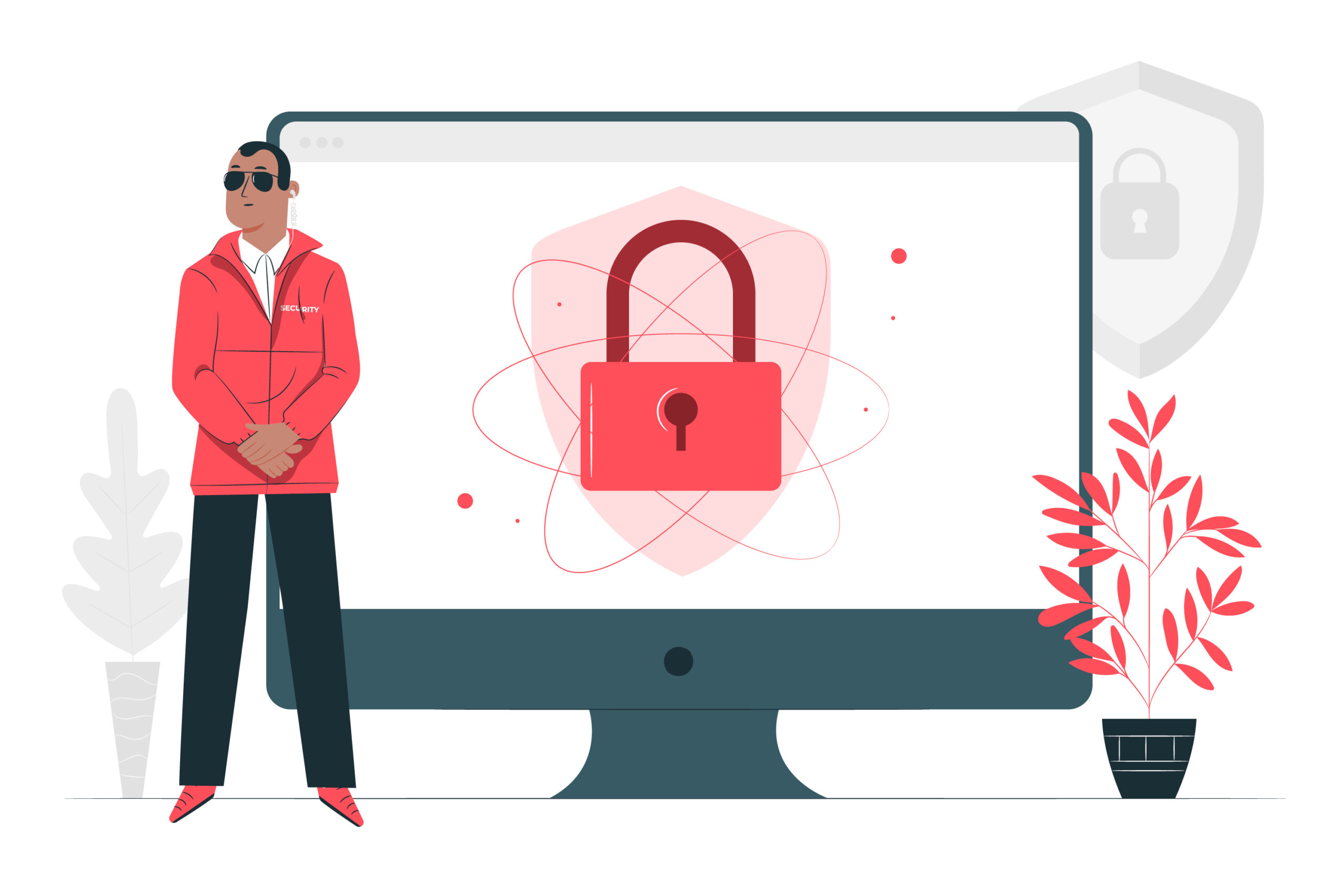Are You Sharing Too Much with AI?
Have you ever stopped to think about what happens to the details you share with AI tools?
Every time you chat with an AI assistant or use a smart tool, you might be giving away more personal information than you realize. But have you wondered what happens to that data? Moreover, are you curious about how to stay safe while still using these tools?
Let’s uncover the secrets to protecting your privacy in the digital age!
Why Privacy Matters in the Age of AI
AI tools like chatbots and assistants are designed to simplify your life. For example, they can draft emails, take notes, or help you plan your week. However, these tools are often powered by large language models (LLMs) trained on enormous amounts of online data.
This data includes everything from articles and social media posts to, potentially, sensitive information. Nevertheless, there’s a catch.
Without realizing it, you might be putting your privacy at risk. For instance, a survey found that nearly 4 out of 10 users shared sensitive details with AI tools, potentially exposing themselves to identity theft and fraud. As a result, it’s essential to ask yourself: do you know how much personal information you’re revealing?
How Do AI Tools Leak Personal Information?
Interestingly, some AI tools might repeat data they were trained on when prompted in specific ways. For instance, imagine asking a chatbot a seemingly innocent question and receiving an answer that includes information someone else shared online.
Consequently, protecting your privacy starts with understanding how to interact with these tools wisely.
- Be Cautious with Social Media Trends
Have you ever joined a social media trend involving AI tools? Trends like asking an AI to describe your personality can seem fun; however, they may lead you to share personal information. Moreover, details like your birth date or hobbies might seem harmless, but they could be used in scams.
Risky Prompt:
“I was born on December 15th and love cycling—what does that say about me?”
Safer Prompt:
“What might someone’s hobbies reveal about their personality?”
- Avoid Sharing Personally Identifiable Data
Why share more than necessary? Instead, frame your questions to AI in a way that avoids revealing personal details. By keeping prompts general, you can protect your privacy. Furthermore, it’s wise to double-check your queries before submitting them to ensure you aren’t oversharing.
Risky Prompt:
“I was born on November 15th—what does that say about me?”
Safer Prompt:
“What traits are common in people born in autumn?”
- Don’t Share Sensitive Details About Your Children
Parents often ask AI tools for advice about their children. Unfortunately, they might unintentionally reveal too much. For example, sharing a child’s name, school, or activities could put them at risk. Therefore, it’s better to phrase your queries cautiously to avoid any unintended risks.
Risky Prompt:
“What weekend activities can I plan for my 8-year-old at XYZ School?”
Safer Prompt:
“What are some fun weekend activities for young kids?”
- Keep Financial Information Private
Would you tell a stranger how much you save or spend? Similarly, sharing financial details with AI tools can open the door to identity theft. Instead, you can ask for general financial advice without revealing specific numbers. Furthermore, it’s always better to consult a financial expert for more detailed guidance.
Risky Prompt:
“I save $500 every month. How much should I set aside for a trip?”
Safer Prompt:
“What’s the best way to budget for a vacation?”
- Avoid Sharing Health-Related Information
Health data is highly sensitive and often targeted in cyber breaches. Therefore, be cautious when asking health-related questions, and avoid mentioning personal medical histories. Moreover, consider consulting a trusted medical professional instead of relying on AI for such critical advice.
Risky Prompt:
“My family has a history of diabetes—am I likely to get it?”
Safer Prompt:
“What are common risk factors for diabetes?”
Additional Tips to Stay Safe
Moreover, there are additional steps you can take to safeguard your privacy:
Limit sharing identifiable details: Avoid combining personal facts like your name, birth date, and workplace in one query.
Pick privacy-friendly platforms: Use AI tools that delete data after your session ends.
Check for compliance: Choose platforms that follow data protection laws like GDPR or HIPAA.
Monitor for breaches: Use tools like HaveIBeenPwned to see if your data has been compromised.
Conclusion: How Will You Protect Your Privacy?
While AI tools make life easier, your privacy is priceless. Therefore, by following these simple tips, you can enjoy the benefits of AI without risking your sensitive information. So, which tip will you start using today? Additionally, why not share this article with others who might need it?
After all, together, we can make online spaces safer for everyone!

